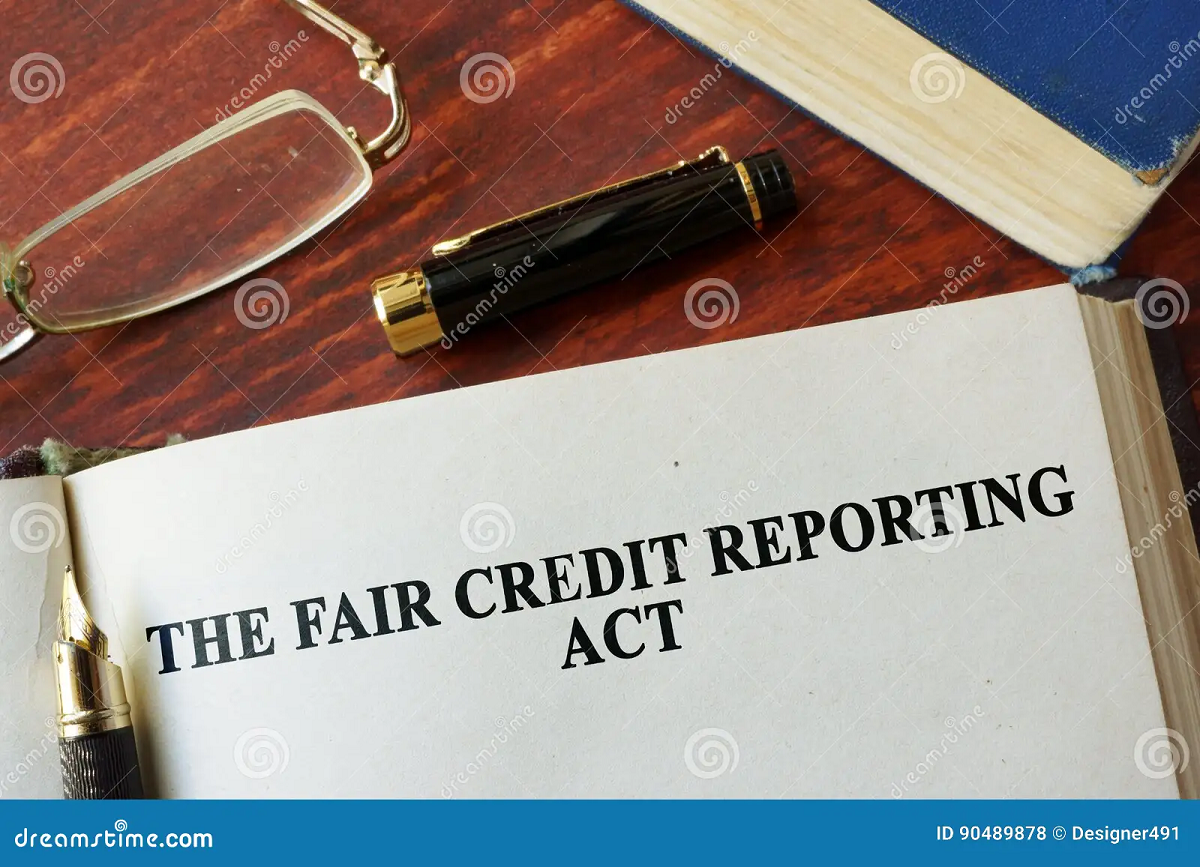Introduction to policy and regulation
Policy and regulation play a crucial role in ensuring fairness and accountability in industries. As a society, we have come to rely on policies and regulations to establish a level playing field for businesses, protect consumers, and promote ethical practices. These measures are put in place by governments to maintain order, prevent exploitation, and ensure that industries operate in a way that benefits all stakeholders.
The importance of policy and regulation in ensuring fairness and accountability
Policy and regulation are essential for maintaining fairness and accountability in industries. They provide a framework that defines the rules of the game and sets the standards for ethical behavior. Without proper policies and regulations, industries would be prone to abuse, unfair competition, and exploitation of consumers. Policies and regulations ensure that all businesses operate within a set of guidelines that promote fairness, transparency, and responsibility.

Types of policies and regulations in different industries
Different industries require different types of policies and regulations to ensure fairness and accountability. For example, in the financial industry, regulations are in place to prevent fraud, protect consumers’ investments, and maintain the stability of the financial system. In the healthcare industry, policies are implemented to ensure patient safety, regulate the use of medical devices, and maintain the quality of healthcare services. Similarly, the environmental industry has regulations that aim to protect the environment, reduce pollution, and promote sustainable practices. These examples highlight the diverse range of policies and regulations needed to address the unique challenges and demands of each industry.
The role of government in creating and enforcing policies and regulations
The government plays a vital role in creating and enforcing policies and regulations. It is responsible for developing legislation that addresses the needs and concerns of the society. Governments conduct research, gather public opinion, and consult with industry experts to create policies and regulations that are effective and relevant. Once these policies and regulations are established, the government’s role switches to enforcement. Government agencies are tasked with monitoring compliance, investigating violations, and imposing penalties on those who fail to adhere to the established rules. The government’s involvement ensures that policies and regulations are not just theoretical concepts but are actively enforced to maintain fairness and accountability in industries.
Case studies: Examples of successful policies and regulations
Several case studies demonstrate the effectiveness of policies and regulations in promoting fairness and accountability in industries. One such example is the European Union’s General Data Protection Regulation (GDPR). The GDPR was implemented to protect the privacy and data of EU citizens by establishing rules for how businesses collect, process, and store personal data. The regulation has forced companies to be more transparent about their data practices and has given individuals more control over their personal information. Another example is the Clean Air Act in the United States, which has significantly reduced air pollution and improved air quality through regulations on emissions from industries and vehicles. These case studies highlight the positive impact that well-designed policies and regulations can have on industries and society as a whole.
Challenges in implementing effective policies and regulations
While policies and regulations are crucial for ensuring fairness and accountability, their implementation can be challenging. One of the main challenges is keeping up with the rapid pace of technological advancements. Industries evolve quickly, and new technologies often outpace the development of policies and regulations. This creates a gap where unethical practices can emerge and exploit loopholes. Another challenge is the resistance from industry stakeholders who may view policies and regulations as burdensome and restrictive. Overcoming these challenges requires ongoing collaboration between governments, industry experts, and consumer advocacy groups to continuously adapt and refine policies and regulations to address emerging issues.
The impact of policies and regulations on businesses and consumers
Policies and regulations have a significant impact on both businesses and consumers. For businesses, policies and regulations provide a clear set of guidelines that promote fair competition and ethical practices. They help level the playing field and prevent unfair advantages for certain players. Additionally, regulations can protect businesses from unscrupulous practices by their competitors. For consumers, policies and regulations ensure that they can trust the products and services they purchase. They provide safeguards against fraudulent activities, ensure quality standards are met, and protect consumers’ rights. Overall, policies and regulations create an environment where businesses and consumers can interact with confidence, trust, and fairness.
The future of policy and regulation in ensuring fairness and accountability
As industries continue to evolve and face new challenges, the need for effective policies and regulations will only grow. The future of policy and regulation lies in adapting to emerging technologies, addressing global issues such as climate change and cybersecurity, and promoting innovation while maintaining fairness and accountability. Governments must stay proactive by conducting research, engaging with industry experts, and seeking public input to develop policies and regulations that are responsive to the changing needs of society. Additionally, international collaboration and cooperation will be crucial to address global challenges that require unified policies and regulations.

Industry-specific policies and regulations: A closer look at key sectors
Different industries have specific policies and regulations tailored to their unique characteristics and challenges. Let’s take a closer look at some key sectors:
- Financial Industry: The financial industry is heavily regulated to prevent fraud, protect investors, and maintain the stability of the financial system. Regulations such as the Dodd-Frank Act in the United States aim to increase transparency, accountability, and consumer protection in the financial sector.
- Healthcare Industry: The healthcare industry is subject to extensive regulations to ensure patient safety, maintain the quality of healthcare services, and regulate the use of pharmaceuticals and medical devices. The Food and Drug Administration (FDA) in the United States is responsible for enforcing regulations in this sector.
- Environmental Industry: As environmental concerns become more prominent, policies and regulations are being implemented to protect the environment and promote sustainability. Examples include regulations on emissions from industries, waste management practices, and renewable energy incentives.


